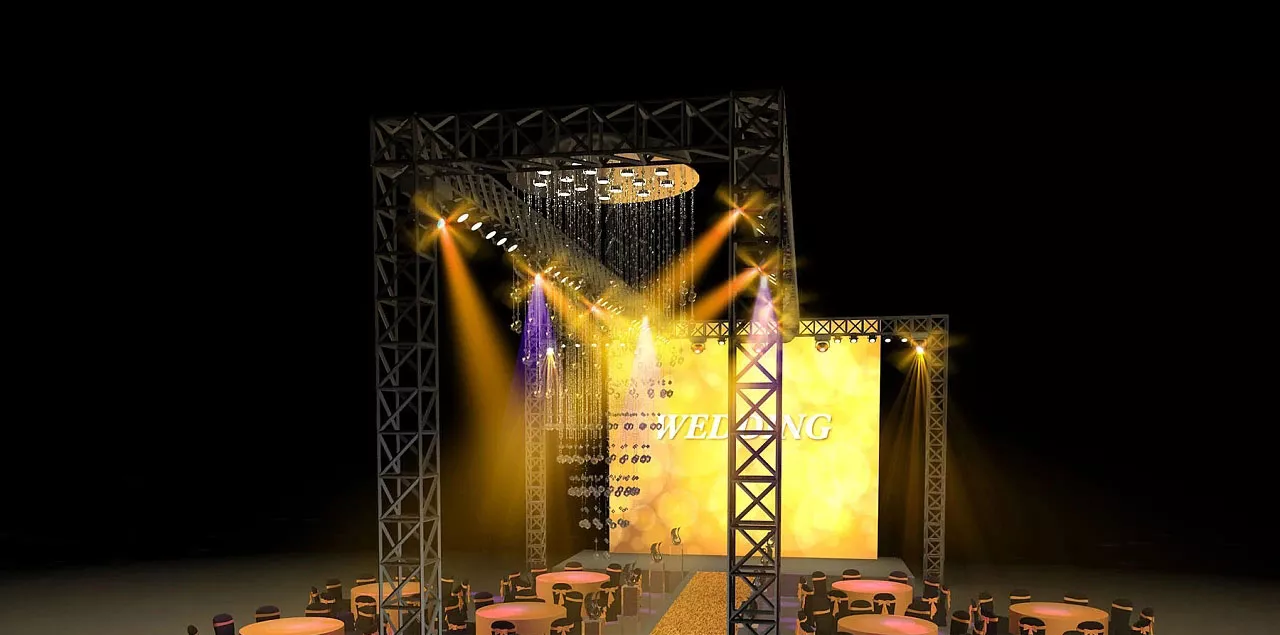In some ways, growing up right now is just the same as it has ever been. The current generation that’s working their way through school right now, and will eventually join the adult world, has many of the same hopes and fears that any teenagers had before them.
However, there’s a difference between this generation and any that came before it, and that’s social media. Social media began to appear when Millennials were the same age that Gen Z is now. It was not as widespread, though, and it wasn’t the multi-billion-dollar industry that it is now.
Let’s talk about some of the social media’s potential pitfalls.
Social Media and Sex Crimes
As a teen, you might be active on many different social media platforms. You might be into Twitter, Instagram, Pinterest, Snapchat, and others. At the same time, you might text or Facetime with your friends or someone you’re dating.
Sexting is one difference between former generations and this one. In the past, it didn’t exist. You might take a lurid picture of yourself and give it to someone you were dating, but it definitely didn’t happen as often as it does today.
Some teens today sext as a matter of course. They don’t think about how, if they send the wrong person an image of themselves, that individual might share it with others. It can spread across the internet like wildfire, with social media’s help.
If you do that, you might be dealing with child pornography charges, either as the person who took the picture or the individual who shared it with a larger group. Even as a teen, you can face a hard time for that. For instance, in Arizona, even the lowest sex offense felony-level gets you a presumptive one-year prison term.
As a teenager, you should think twice about sharing provocative pictures of yourself. You don’t know whether it’s going to end up on social media, and that can bring about disastrous results.
Cyberbullying
Cyberbullying is also a significant teen issue now. Almost all teens use social media, so you might have an entire school using the same platform. Classmates might use that platform to make fun of each other maliciously.
In the past, bullying existed, and it made life extremely tough for some teens. There are always those who aren’t as popular, and there are those who like to torment them as well.
Now, that hazing can take place online. Some adults say things like, “well, that young person should toughen up.” The reality is that teens take what their peers say very seriously. For some, it matters a great deal.
These teens might see their relentless torment on social media and resort to self-harm. Some of them even have suicidal thoughts or ideations. For some, it gets so bad that they successfully kill themselves. These events are becoming more frequent as time passes.
It’s Addictive
There’s an added social media element that many parents don’t appreciate. Their teens might feel like they have a ton of friends because they’re constantly online. However, they don’t know many of these people in real life.
It’s not always a bad thing to have an active online social life. Still, if a teen spends all their time online, they’re not going outside, getting some exercise, or having face-to-face interactions that ultimately help with their social skills.
There’s also evidence that social media is addictive, not just for teens but for humans of all ages. Teens can spend many hours every day on social media if their parents let them or if they’re not paying much attention.
A teen can get to the point where they feel the need to check their social media platform of choice compulsively. They can hardly get through a meal without looking at their smartphone. The parents might have to ban phones at the dinner table if they want to have a real, substantive conversation.
It is true that social media has some potential benefits, but it can do a lot more harm than good for some young people. If you’re a teenager, and you feel like social media is harming you, you may need to try to distance yourself from it.
If you’re a parent, you may have to monitor how many hours your teen is spending on social media. You might restrict them to a certain amount of time each day, for their own good. You should also watch for any depression or anxiety signs that might be social media-related.







